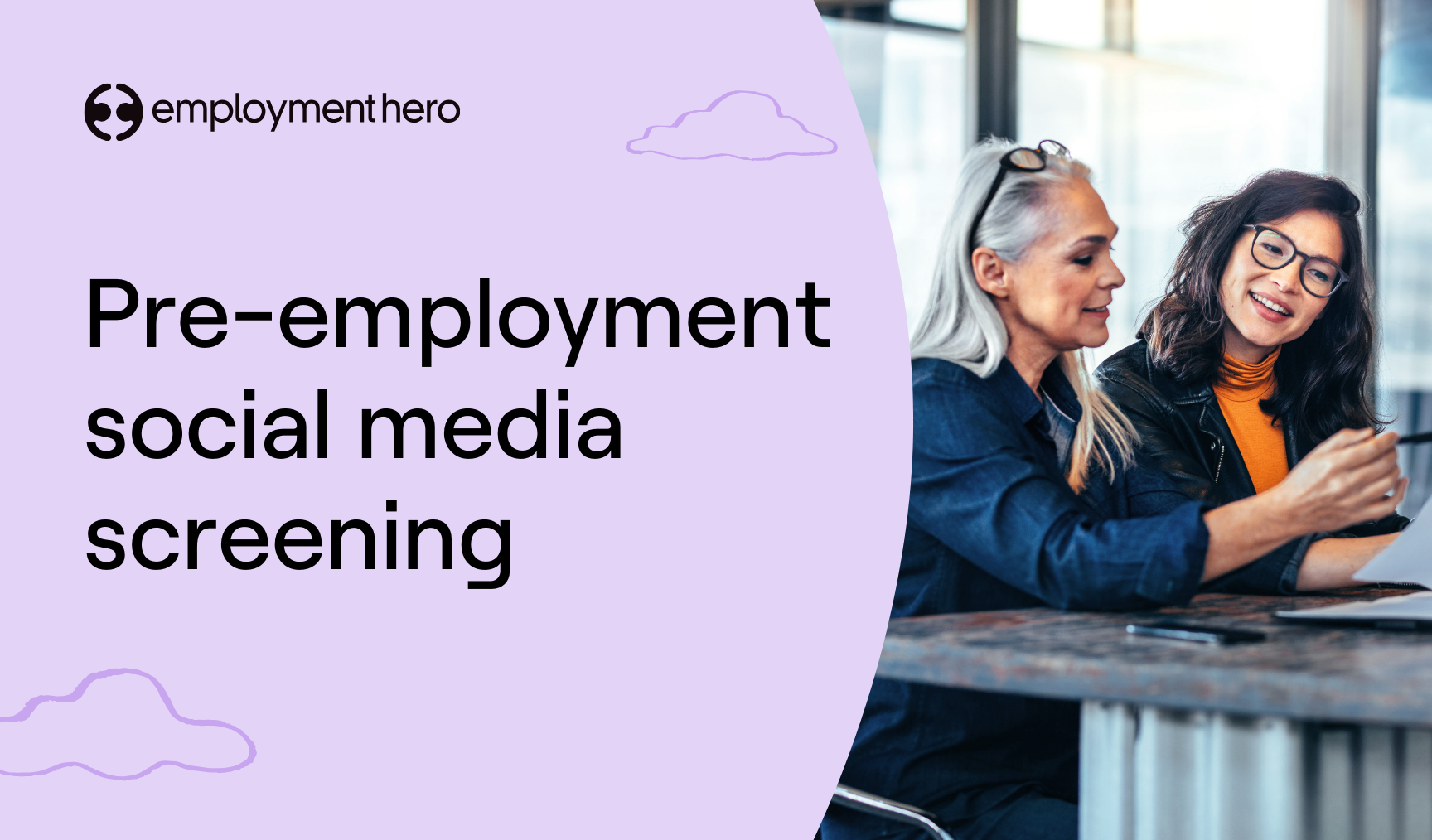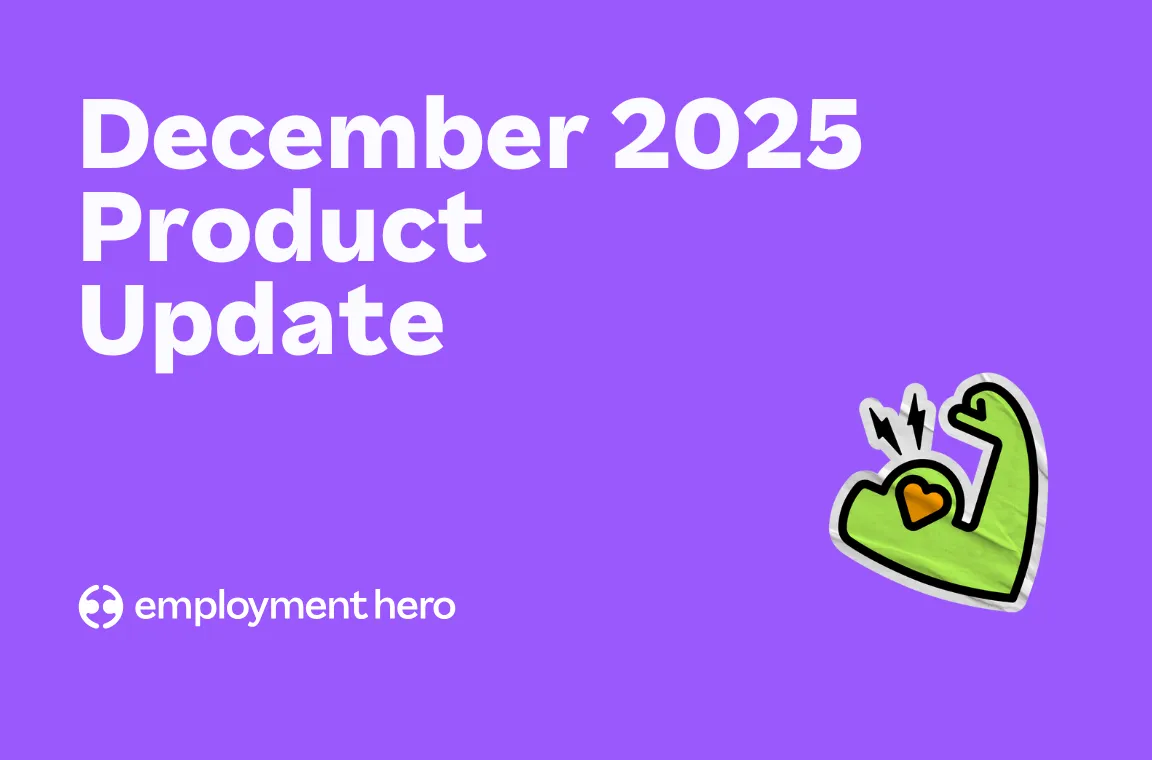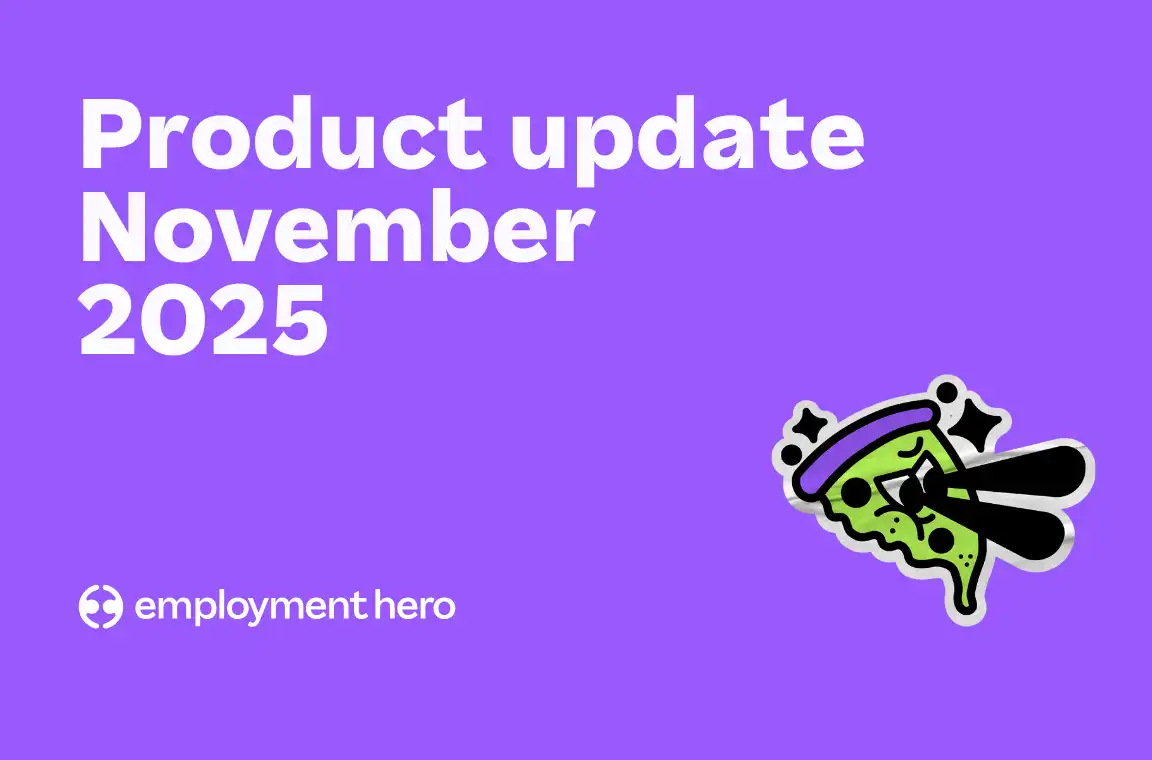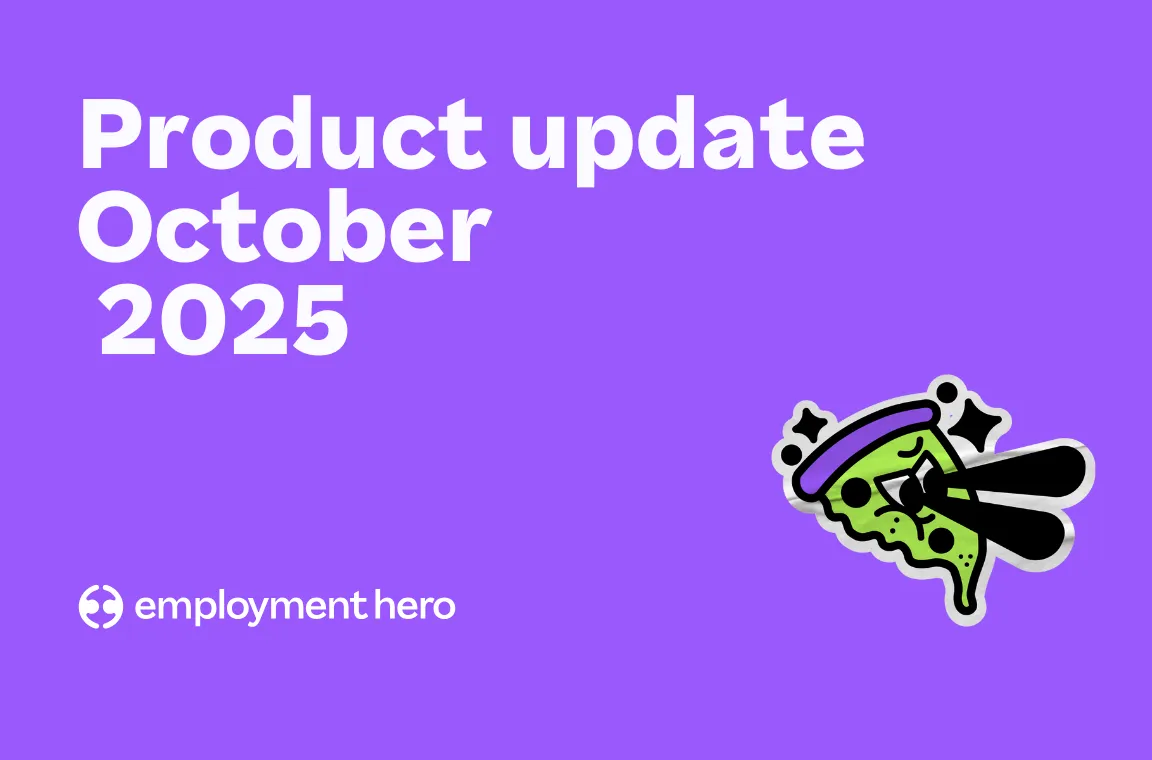Should you implement pre-employment social media screening?
Is pre-employment social media screening right for your business? Discover the benefits and pitfalls of using it when vetting potential candidates.

Contents
As digital footprints define our online identities, employers have begun to ask whether pre-employment social media background checks should become necessary to optimise hiring. Social media’s popularity means that the virtual lives of potential candidates might be an important part of the recruitment process.
Let’s discuss the intricacies of pre-employment social media screening, how it can contribute to your hiring process, what to look out for during the screening as well as the privacy, ethics and legal implications involved.
What is pre-employment social media screening?
Pre-employment social media screening involves researching a potential candidate’s social media profiles and activity while they are applying for a job.
This is normally done before the hiring process as a screening measure to check for any possible issues with a candidate’s presence on social media sites like LinkedIn, Instagram, Facebook and X (previously known as Twitter).
Are social media background checks legal?
While public social media is available for all to view, using social media for background checks can be a grey area depending on where you are and what kind of information is derived. The information commonly posted on social media includes education, work experience and extracurricular activities – all of which are normally covered during the hiring process.
However, many profiles contain details that companies may be legally prohibited from considering, such as gender, race, ethnicity, disability status, sexual orientation, religious affiliation, political views and pregnancy status. Recruitment practices have specific legal standards to limit discrimination and keep the focus of hiring on workplace behaviour.
In New York, employers have been barred from asking job candidates and employees for access to their private social media accounts, especially for hiring or disciplinary purposes. Meanwhile, the EU has been ahead of the curve since 2018 with GDPR legislation prohibiting social media checks without legal grounds and appropriate disclosure.
Generally, taking a look at a candidate’s social media profile is great for getting to know them better as long as we pay attention to legal considerations and stay mindful of the potential for bias in our hiring decisions.
How can a social media background check uncover relevant skills and qualifications?

It’s natural that potential candidates put their best foot forward during interviews – social media background checks can help verify whether their disclosures are legitimate. In some cases, an applicant’s social media presence can actually boost their chances of getting hired if it demonstrates desirable skills and qualifications.
Can it help with evaluating a candidate’s cultural fit?
Reviewing an applicant’s social media accounts can help provide insight on their personality and their way of thinking, adding to the information already disclosed in career documents like resumes and cover letters. This can help you find out whether an employee will suit your organisation’s company culture.
Social media also lacks the stress of an interview situation – it’s a rare opportunity to observe someone in a more natural, casual setting, which can unearth more clues about who they are as a person.
If you haven’t started the hiring process for a specific role, looking up potential candidates on social media platforms like LinkedIn can even give you an idea of what to expect, allowing you to better prepare for the interview process.
What are some red flags to look out for?
Social media searches reveal much more than just positive personality traits in employees – they can also tell you whether a candidate is suitable for the role by showing online behaviour that may become a problem further down the line. These red flags include:
- Inappropriate, explicit or offensive content
- Discriminatory, racist or sexist language
- Violent or aggressive language and behaviour
- Evidence of illegal activities
- Evidence of drug and alcohol abuse
- Evidence of dishonesty in career documents
- Complaints about past or present employers and colleagues
- Disclosure of confidential information related to past or present employers and colleagues
- Any other activities and undesirable characteristics that may be a liability to your organisation’s reputation, security and ethics
Popular social media platforms
Social media channels are a-plenty, but the most common ones will be enough to get to know your potential hire better. LinkedIn is one of the most popular social networking sites to check as it effectively functions as a secondary resume – it’s the most relevant to the hiring process as it shows an employee’s professional presence.
In fact, it’s almost implicit that employers will check a candidate’s LinkedIn profile as it is one of the most popular platforms for job hunting and job posting outside of job listing aggregator sites like Indeed.
Employers also look to social media platforms like Facebook, Instagram, TikTok and X (formerly known as Twitter) to get a better sense of job applicants as individuals outside of work.

Are there privacy concerns with social media screening?
While a social media background check can be useful for getting to know an employee, there are significant privacy concerns in specific situations.
Some employers may think it is appropriate to ask potential hires to provide login credentials for their social media profiles – this is technically not illegal in some places, but it definitely steps into privacy invasion territory. Other employers may request access to private profiles, which could also be an uncomfortable invasion that affects your candidate’s experience.
It is imperative that employers approach social media screening with caution, sensitivity and respect for privacy, with additional attention to comply with relevant laws and regulations related to data protection. If you have a social media background check policy, you should clearly communicate it up front and obtain consent from candidates if necessary.
For a comprehensive understanding of the role of social media in recruitment, check out our guide on harnessing the power of social media in recruitment, which explores how to attract top talent and promote your employer brand.
What information should employers consider during screening?
Keeping in mind what to look out for in a social media background check will help you maintain consistency and confidentiality during your hiring process. Consider information that is already available on public profiles or professional websites, such as LinkedIn, GitHub, StackOverflow, Behance, Dribbble, Medium and other portfolio platforms, as they are more relevant to your intended purpose.
If you’re going for personal social media profiles on sites like Facebook, stick to public profiles and pay attention to anything that can either be problematic or encouraging.
For more strategies on candidate engagement and improving your hiring process, read our article on effective candidate engagement strategies.
How can employers run social media checks ethically?

Social media background checks are a great tool to get more insights into a job candidate, but they should be approached carefully.
Establish transparent and consistent guidelines
Legal compliance is one thing – having a clear procedure outlined with key points to consider, documentation, risk categories and guidance on screening procedures will prevent bigger problems such as discrimination allegations further down the line.
Consider context and personal bias during evaluations
Understanding the nuances behind why an employee said something on social media will help with seeing them as complete individuals outside of how they represent themselves in their personal and professional lives. Make sure to evaluate candidates based on publicly available information and job-relevant criteria instead of personal factors like age, race and gender.
Communicate your social media screening policies to candidates
Ethically disclosing your policies ahead of time and getting consent to use personal data doesn’t just help you avoid legal issues – your transparency on what you’re looking for and how the data will be used gives candidates the chance to opt out if they are uncomfortable.
To delve into the ethical considerations and limitations of AI in recruitment, explore our article on AI in recruitment: strategies, ethics and limitations.
Acknowledge inconsistency of information in social media screening
Social media isn’t the best representation of a person, especially when there are duplicate profiles or false information involved. Some candidates may be less active on social media, while some may not even have social media in the first place.
Select screeners that are capable and impartial
Getting someone who isn’t involved in the hiring process such as a third party social media screening service or HR department personnel is one of the best ways to guarantee that the screenings conducted are nondiscriminatory.
The screeners involved should know what kind of job-related information is required and only pass that on to the hiring manager – that way, any hiring decision-makers involved will get the necessary information needed to pick an employee without any conflict of interest or hiring bias.
What are the alternatives to social media screening?

Looking through a candidate’s social media is just one of many ways to get to know them better. There are plenty of traditional and nontraditional alternatives in the recruitment process that can help you understand your next hire and curate your talent pool without relying on social media background checks.
Pre-employment screening processes like using an applicant tracking system (ATS) can take the place of social media screening, as they do the heavy lifting of filtering through applications and career documents on your behalf while also maintaining impartiality.
Learn how to enhance your interview techniques and streamline your hiring processes with our hire like a Hero webinar. Structured interviews, behavioural assessments and psychometric testing all provide insight into how someone will act in a work setting, while skills tests and work samples help you determine whether they have the abilities required for the job. If interviews can’t be conducted in person, remote interviews and video interviews are great options to consider.
If you’re looking for evidence related to a potential employee’s capabilities and character, structured and legally compliant reference checks and background checks can help verify their history and identify any possible issues.
Streamline your recruitment process
Hiring can make or break an organisation – looking for the right kind of talent can be challenging. Employment Hero’s recruitment software has everything you need to grow your business, from simplified and streamlined recruitment processing, to candidate document management, all the way to applicant tracking.
Let us take care of the hiring for you. Get in touch with one of our small business HR specialists today!
Related Resources
-
 Read more: Product Update: December 2025
Read more: Product Update: December 2025Product Update: December 2025
Welcome to the December 2025 product update from the Employment Hero team. We’ve got lots to share around Custom Forms,…
-
 Read more: Product Update: November 2025
Read more: Product Update: November 2025Product Update: November 2025
Welcome to the November 2025 product update from the Employment Hero team. We’ve got lots to share around Workflows, Rostering,…
-
 Read more: Product Update: October 2025
Read more: Product Update: October 2025Product Update: October 2025
Our October 2025 update is here for Singapore. Discover OCBC remittance advice, leave balance checks, rostering, timesheets and more. Read…









